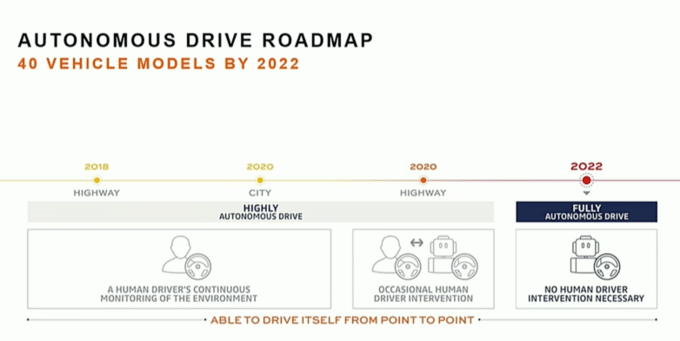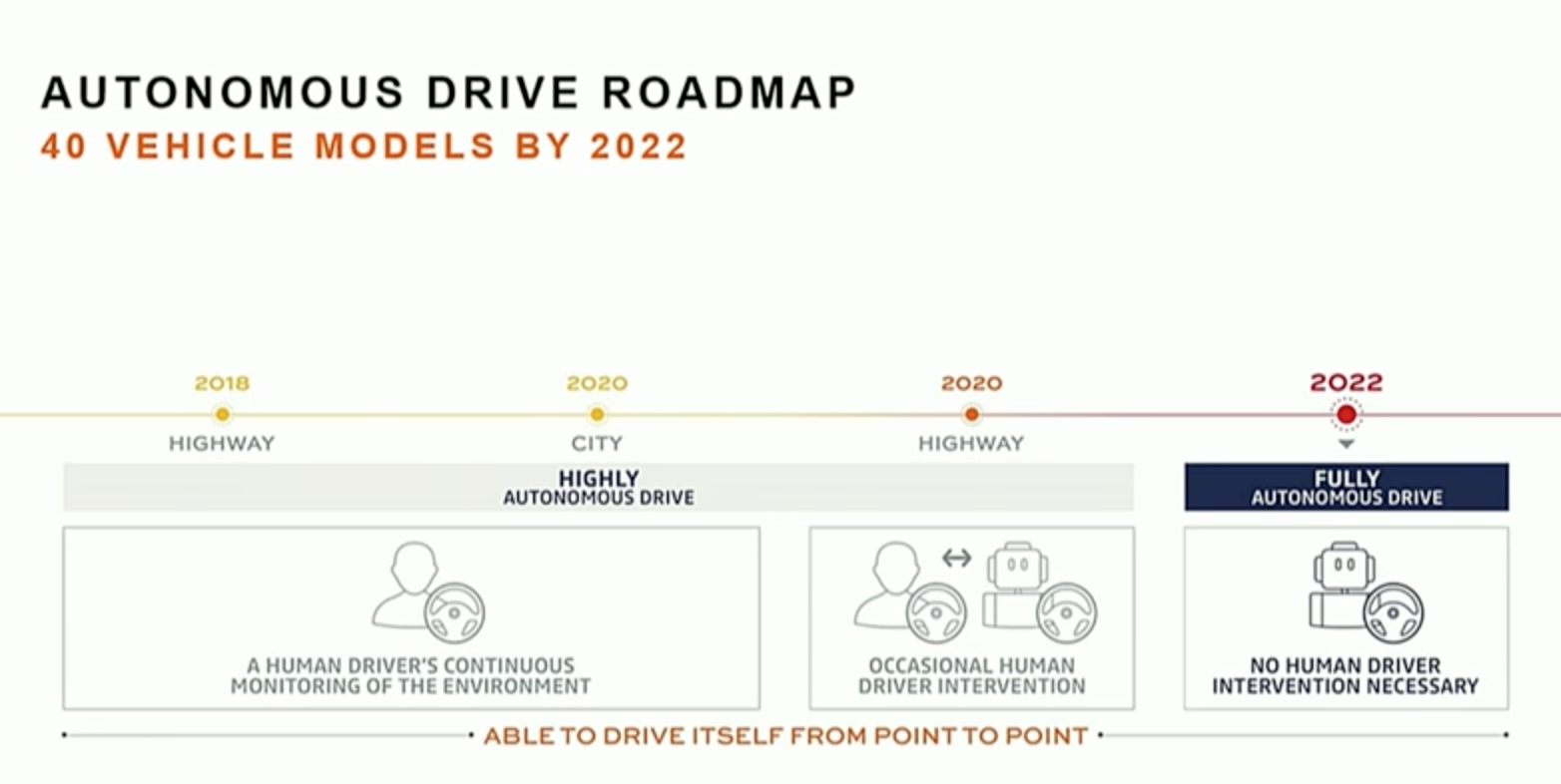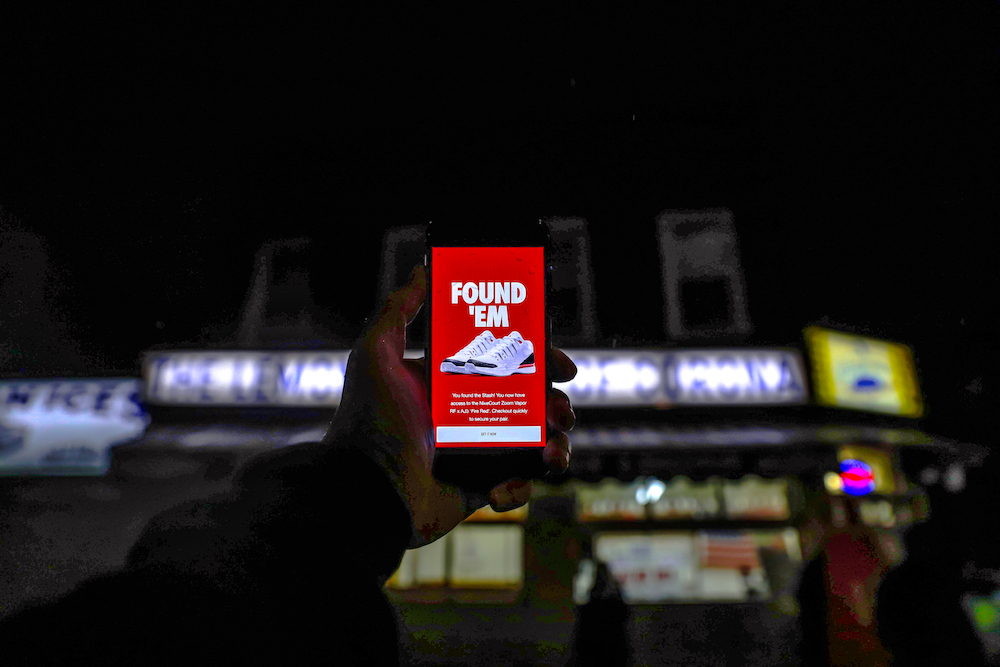Renault-Nissan lays out plans for 12 new EVs and ‘robo’ global ride-hailing service

The future of cars is electric, and today the alliance that includes Renault, Nissan and Mitsubishi laid out plans of how it plans to be one of the leaders in that area as well as autonomous vehicles. Alliance 2022, as the group calls itself, said that it plans to roll out 12 electric cars, and 40 vehicles with autonomous drive technology by 2022. It also wants to become “a global leader in ride-hailing services” that are operated by autonomous “robo” technology.
The plans, announced in Paris at an event this morning, point not just how car companies are doubling down on their plans for new cars and new business models, but how they are banking on economies of scale to make it happen to cut projected costs by €10 billion, the companies said.
And, it seems, pressure from regulators, if not consumer demand.
“Consumers are still not in… they want a bigger range, a lower cost and faster starting time,” admitted Carlos Ghosn, the CEO of Alliance 2022, “but with the emissions rules coming in it’s the end of gas. This will be driven not so much by consumer demand but by emission regulations… Between now and 2040 there will be no more diesel and gasoline. This is absolutely a scenario.”

The group said that over 9 million vehicles will be developed using four common platforms, working out to 70% of the volumes produced by the company. “All components will be shared,” Ghosn said.
The company provided few details of how it plans to get to its end points: no information about what tech they would use for these self-driving cars, and whether or how they would work with partners or if they planned to build everything from the ground up. Nor did they give any information about the progress of these common platforms for building electric vehicles — although they noted that they had sold some 500,000 EV’s all in across the group to date — still just a drop in the ocean of the multiple millions sold by the three, and the tens of millions of cars that are sold across the whole industry.
The group was also thin on specifics when it came to its plan for transportation services offered alongside their vehicles. This is a burgeoning area for automakers, who are concerned about the fact that the rise of services like Uber and the rest, and the rising cost of increasingly smart vehicles, will make car ownership a less viable option for the average consumer.
Their answer is to skate to where the puck will be going, so to speak. But while there have been a number of moves from the automotive sector to invest into ride-hailing services (which you can argue may be a route to buying them outright) — GM has Lyft, VW has Gett, Daimler has Via and its own ride-hailing service MyTaxi, as a few examples — the companies in Alliance 2022 have not really made a name for themselves in this area.
But they haven’t been completely out of the game, either. As we revealed earlier this year, Renault-Nissan quietly acquired the assets of a company called Karhoo, a high-profile failure in the ride-hailing market.
Alliance 2022 predicts that total annual sales of their combined businesses will exceed 14 million units, generating revenues expected at $240 billion by the end of 2022.
Featured Image: Bob Peterson/Getty Images
Published at Fri, 15 Sep 2017 07:19:16 +0000




